5. Wendy and Lucy (2008)
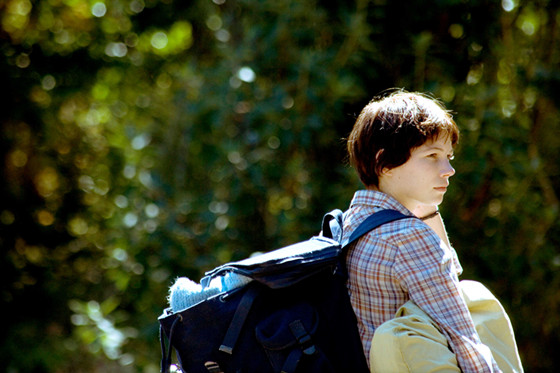
This humble, heartrending and lamentable third feature from Kelly Reichardt, whom writer Scott Littman of Senses of Cinema has dubbed “the poet laureate of the Pacific Northwest”, is an understated and breathtaking showpiece.
Writer-director-editor Reichardt, inspired by the short story “Train Choir” by Jon Raymond (who co-wrote the screenplay with her) revisits some neo-realist territories (think Vittorio De Sica’s heart-tugging dog-loving epic Umberto D.) in this life-affirming tearjerker that earns each of those tears with absolute honesty and nobility.
Michelle Williams is brilliantly wonderful as Wendy, a young, broke drifter travelling to Alaska in search of work, solo save for her dog, Lucy. When her junker car finally kicks it in Oregon things get even bleaker when Wendy is busted shoplifting dog food. After finally struggling to post bail Wendy is next faced with the sad fact that Lucy is now missing.
Florida-born, New York-based filmmaker Reichardt may well have her understated masterpiece with the moving miracle, but her entire oeuvre makes for an austere yet ravishing tapestry of forlorn and disparate figures as in her revisionist Western from 2010 Meek’s Cutoff or her widely acclaimed small-town drama Certain Women (2016), which recently made our list of underrated masterpieces from the 2010s.
4. The Headless Woman (2008)
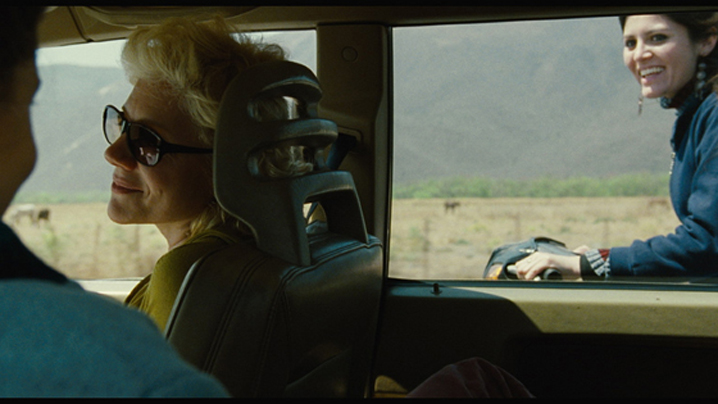
Hailed by the Village Voice’s J. Hoberman as “the leading director of the Argentinian renaissance,” auteur filmmaker Lucrecia Martel’s haunting and hard to shake The Headless Woman is one of those moving masterworks that didn’t find enough traction from North American audiences that are scared off by subtitles. At least, that’s the only conclusion we could draw as to why this honey of a film, a powerfully atmospheric and deeply satisfying puzzler seemed to elude so many English-speaking audiences when it was initially released in 2008.
The disarmingly straightforward plot concerns Verónica (Maria Onetto), a woman who, in a moment of distraction, runs over a dog, which may or may not be a boy (to the viewer the body is obscured, as it must also be to Verónica as well). The many men in Verónica’s life all seem to ease her building anxieties, for good or ill, and in this stylish study Martel’s approach becomes a dazzling subterfuge.
Verónica, who suffers a concussion early in the film, may not be the most reliable of narrators, and Martel, whose love for detail within her specific framing, exacting editing, and sophisticated sound design, shrewdly gives The Headless Woman a dreamlike obscurity that mimics said head injury. It may be an elaborate tease, an annoyance that plays with the viewer, baiting us in like a loose tooth. Highly recommended.
3. I’m Not There (2007)
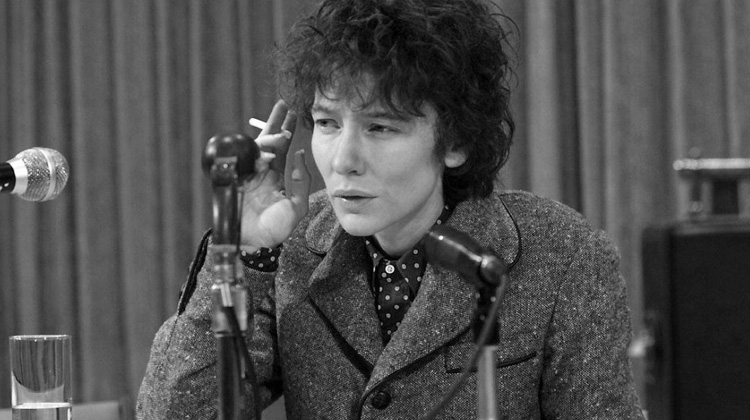
One might be tempted to apply the oft-used term “biopic” to describe Haynes’s I’m Not There, a film “inspired by the music and the many lives of Bob Dylan”, but it’s more accurately a ravishing extended essay in Dylanology. Featuring no less than six actors as aspects of Dylan’s multifaceted self (among them Cate Blanchett, Marcus Carl Franklin, Richard Gere, and Heath Ledger), the resulting film is an unconventional, inventive, high-flown, and absolutely beaming musical rollick that spans the (then) five intoxicating decades of Dylan’s entertainment career.
Displaying a gobsmacking supply of contrasting visual styles, unique and varied editing techniques, and lionhearted performances from a virtuoso cast (Blanchett’s brilliant performance deserved all the acclaim and awards it mustered but also outstanding is Charlotte Gainsbourg’s heartbreaking turn as Claire Clark) make certain that I’m Not There is an absolutely singular cinematic experience.
Not once in the film’s dense and dulcet 135 minutes are the words “Bob Dylan” even uttered, and none of the cast who portray him go by such nomenclature, and yet the transience and inscrutableness of identity is given truly golden confidence and poetry. To call I’m Not There a magnum opus is matter-of-fact, that it’s ambitious, challenging, surreal, and occasionally beautifully byzantine is likewise a foregone conclusion. Here is an unmissable film that provokes laughter, tears, elation, and endless revelation.
2. Fish Tank (2009)
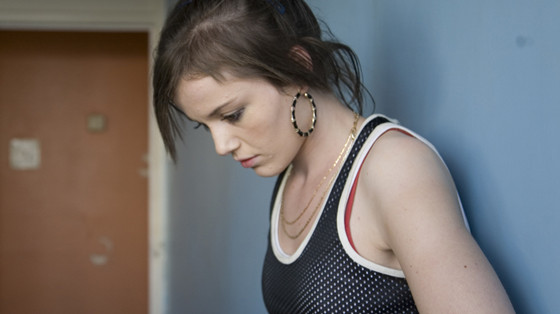
English filmmaker Andrea Arnold (Red Road, American Honey) has a terrific track record of vibrant, uncompromising and wonderfully realized films, but perhaps none are as disquieting, emotionally rich and utterly raw as Fish Tank. Here writer-director Arnold proves an astonishing talent in a story which, in just a few words, tells of fifteen-year-old Mia’s (Katie Jarvis, genius) fragile world turning on its ear when her mother, Joanne (Kierston Wareing) brings home a new boyfriend, Connor (Michael Fassbender).
Fish Tank, arguably Arnold’s finest work, is a youth-in-trouble masterpiece that is clearly and miraculously demonstrative of the filmmaker’s keen, clear, and uncanny observations of working-class realism; a bleak and melancholy milieu shared by the likes of Mike Leigh and Ken Loach, Arnold’s spiritual forebears.
An incredibly muscular film on every level –– Arnold’s characters feel especially energized and authentic, and you want nothing but the best for them –– with a sharp cinéma-vérité vibe, a self-improvised spirit that would make Cassavetes cheer, and an elusive and expansive feeling of innovation and fatalism that puts the film into the upper echelon of world cinema. So few films are this staggeringly sublime and intensely realized. Easily one of the best under-the-radar films of the 2000s by a visionary and formative filmmaker. Don’t miss it.
1. Synecdoche, New York (2008)
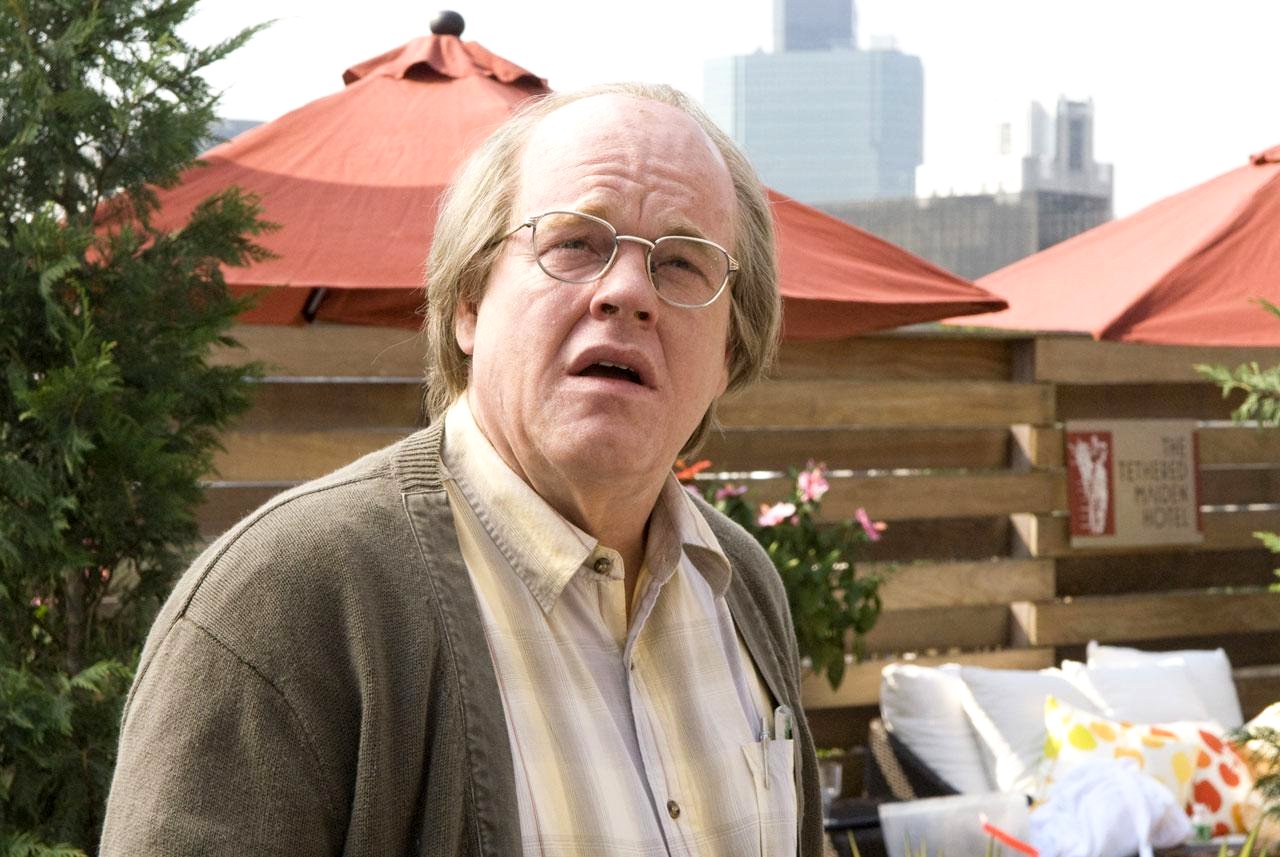
“Ambitious” doesn’t even begin to describe the directorial debut of Charlie Kaufman, the brilliant screenwriter behind such unforgettably odd films as Being John Malkovich (1999), Adaptation (2002), and Eternal Sunshine of the Spotless Mind (2004).
A postmodern meta melodrama that’s also part existential horror and aching romance as only a fan of Philip K Dick could detail, Kaufman goes all out telling the tale of hangdog theater director Caden Cotard (Philip Seymour Hoffman). Abandoned by his wife (Catherine Keener) and young daughter (Sadie Goldstein), he seems to have been diagnosed with a strange disease where even his body wants to abandon him and completely shut down.
Living in Schenectady, New York, the direction that Caden’s life takes is deliberately byzantine and more than a little hard to follow (presumably deliberately so) as he gathers a cast of actors to manufacture his fractured opus “Simulacrum”, after receiving money through a MacArthur Fellowship. Soon there’s a play within a play, a wealth of doppelgängers, a house that’s forever on fire, impossibly detailed miniature worlds within worlds in a mock-up of New York, and lots more, of course.
“To say that [Synecdoche, New York] is one of the best films of the year or even one closest to my heart is such a pathetic response to its soaring ambition that I might as well pack it in right now,” wrote celebrated New York Times critic Manohla Dargis, adding: “Despite its slippery way with time and space and narrative and Mr. Kaufman’s controlled grasp of the medium, Synecdoche, New York is as much a cry from the heart as it is an assertion of creative consciousness. It’s extravagantly conceptual but also tethered to the here and now.”
An achingly tragic film that’s only gotten better with the passage of time, and perhaps even sweetened as we can’t help but miss the film’s star (Hoffman passed away suddenly in 2014), here is a film to revisit again and again, when the time is right and the viewer needs a cathartic escape and a little therapeutic sob.
Author Bio: Shane Scott-Travis is a film critic, screenwriter, comic book author/illustrator and cineaste. Currently residing in Vancouver, Canada, Shane can often be found at the cinema, the dog park, or off in a corner someplace, paraphrasing Groucho Marx. Follow Shane on Twitter @ShaneScottravis.